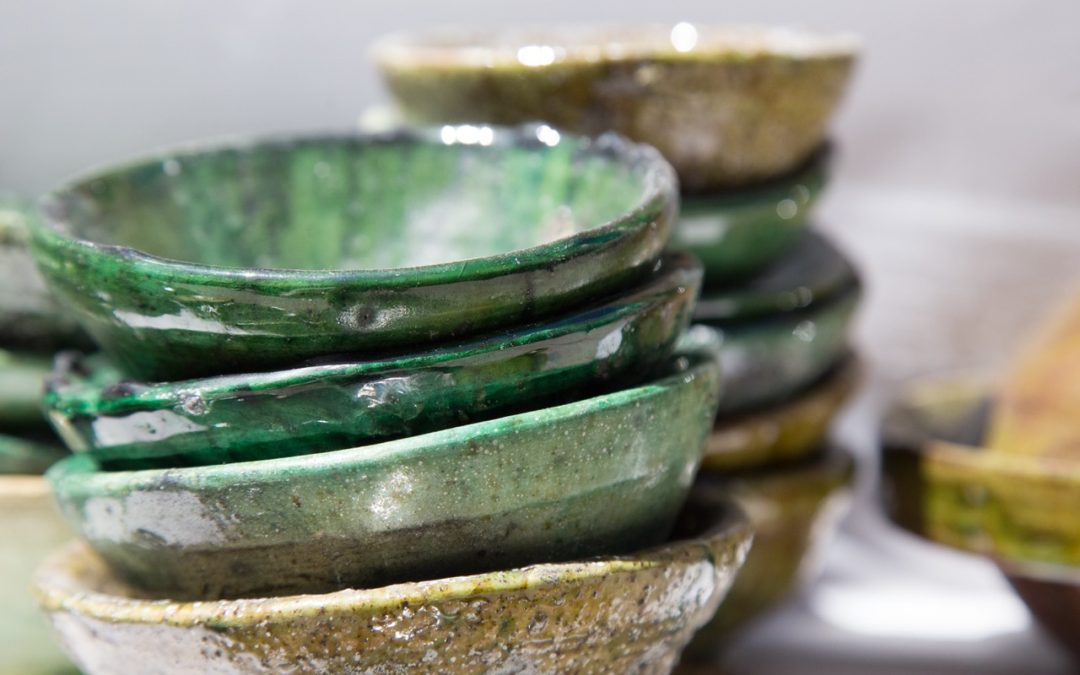You prepare a table before me in the presence of my enemies; you anoint my head with oil; my cup overflows. (Psalm 23:5, NRSV)
For most of my college life, I lived in a fraternity house. I know this conjures up all kinds of Animal-House images (more than a few, sadly, are true), but I had a great experience and made some lifelong friends. As with any living arrangement, though, you end up rubbing elbows with some eccentric people. One was with a guy I’ll call David.
David kept strange hours and never seemed like he fit in at a small college in Iowa. I think he yearned for bigger cities and opportunities so was often out all night and slept all day. He rarely showed up for our meals, but instead would often come down to the kitchen/dining area and help himself to Cap’n Crunch cereal. Except this was no snack. Instead of a cereal bowl, he’d get out a large casserole dish and pour heaps of cereal into it, angering other people who also enjoyed Cap’n Crunch and discovered there wasn’t any left for breakfast.
I don’t know why that image of David hovering over a giant bowl of cereal has stuck with me, but it came to mind when I heard this interview on the “On Being” podcast. The guest was David Steindl-Rast, a Benedictine monk, author, and noted researcher on the power of gratitude. In these series of quotes, he talks in more detail about this topic:
“The reason why I use the words ‘gratitude’ and ‘gratefulness’ and ‘thanksgiving’ in the way in which I use them is that we really need different terms for our experience. And we all know from experience that moments in which this gratitude wells up in our hearts are experienced, first, as if something were filling up within us, filling with joy, really, but not yet articulate. And then it comes to a point where the heart overflows, and we sing, and we thank somebody; and for that, I like a different term, and then I call that ‘thanksgiving.’ And the two of them are two aspects, or two phases, actually, of the process that is gratitude, so that’s why I’m using it in this way.
“And this idea of a vessel that is still inarticulate until it overflows, that is also very helpful in another way. It’s like the bowl of a fountain when it fills up, and it’s very quiet and still. And then when it overflows, it starts to make noise, and it sparkles, and it ripples down. And that is really when the joy comes to itself, so to say; when it is articulate.
“And for us, for many people in our culture, the heart fills up with joy, with gratefulness, and just at the moment when it wants to overflow, and really, the joy comes to itself — at that moment, advertisement comes in and says, ‘No, no, there’s a better model, and there’s a newer model, and your neighbor has a bigger one.’ And so instead of overflowing, we make the bowl bigger and bigger and bigger, and it never overflows. It never gives us this joy.”
I love that image. When gratitude overflows (like water spilling out of a fountain bowl), we can sense it and begin to articulate it, but then society comes along and says, “Your bowl is too small” and insists we need a bigger bowl. And we think, that’s true. My neighbor has a newer bowl, a bigger bowl, a better bowl. And we buy that bigger bowl and, in the process, cease to allow for an overflow of gratitude and joy.
From when we are little, we are told not to spill. When it comes to gratitude, however, I think it’s absolutely necessary. Gratitude can be a challenge when it seems like the list of things we don’t have grows longer every day we’re sheltering in place. And I don’t want to minimize the very real hardships that so many are feeling. But for some of us, we may need to find a smaller bowl so that joy can begin to spill over once again.

